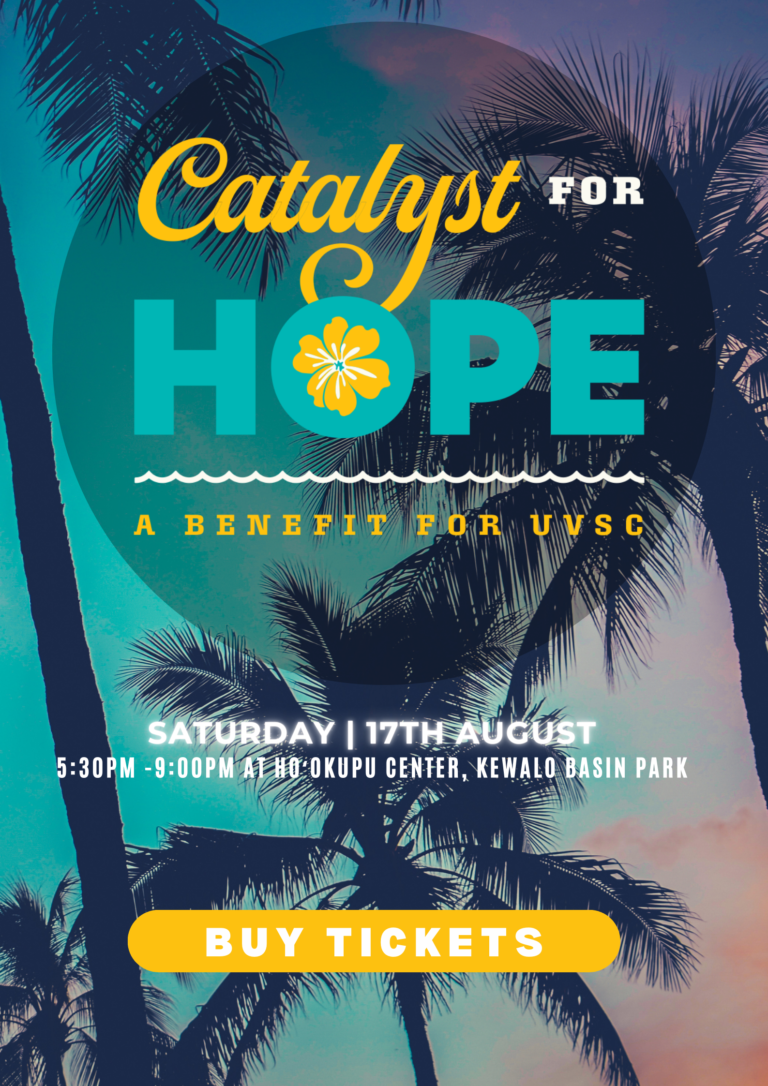A new type of immunotherapy treatment for cancer patients, Chimeric Antigen Receptor (CAR) T-cell therapy, was recently made available in Hawaiʻi through a partnership between the University of Hawaiʻi Cancer Center and Hawaiʻi Pacific Health (HPH).
This new treatment allows some of the sickest cancer patients to stay in Hawai‘i with family and friends for care instead of traveling to the mainland.
“CAR T-cell therapy is a very innovative and specialized type of cellular immunotherapy where we’re able to use a patient’s own immune cells, genetically modify them, and use those modified cells to fight cancer,” said UH Cancer Center Assistant Researcher Stephanie Si Lim, who is a pediatric hematologist/oncologist at Kapiʻolani Medical Center for Women & Children and medical director of the cellular immunotherapy program at HPH. “It is very different from traditional chemotherapy because it targets cancer cells with more precision.”
Lim has spent the last two-and-a-half years building the cellular immunotherapy program at the UH Cancer Center and HPH. CAR T-cell therapy is now offered to children with B-cell acute lymphoblastic leukemia and adults with B-cell lymphoma and multiple myeloma. Here are a few milestones of this breakthrough program for the state:
- March 26, 2021: The first CAR T-cell clinical trial opened for qualifying pediatric patients at Kapi‘olani Medical Center for Women & Children.
- May 22, 2023: The first Food and Drug Administration (FDA)-approved CAR T-cell therapy is available for use for pediatric and adult patients in Hawai‘i.
- August 22, 2023: The first adult patient is infused with CAR T-cells at Straub Medical Center.
- October 1, 2023: Adult patient who was infused with CAR T-cells remains in remission despite having had multiple relapsed lymphoma prior to receiving CAR T-cell therapy.
“Through HPH and the UH Cancer Center’s joint efforts, we are excited to offer this important and lifesaving therapy to patients with difficult-to-treat cancers,” Lim said. “We look forward to our ongoing collaboration to expand the availability of groundbreaking FDA-approved oncology products and clinical trials for our community here in Hawaiʻi.”

